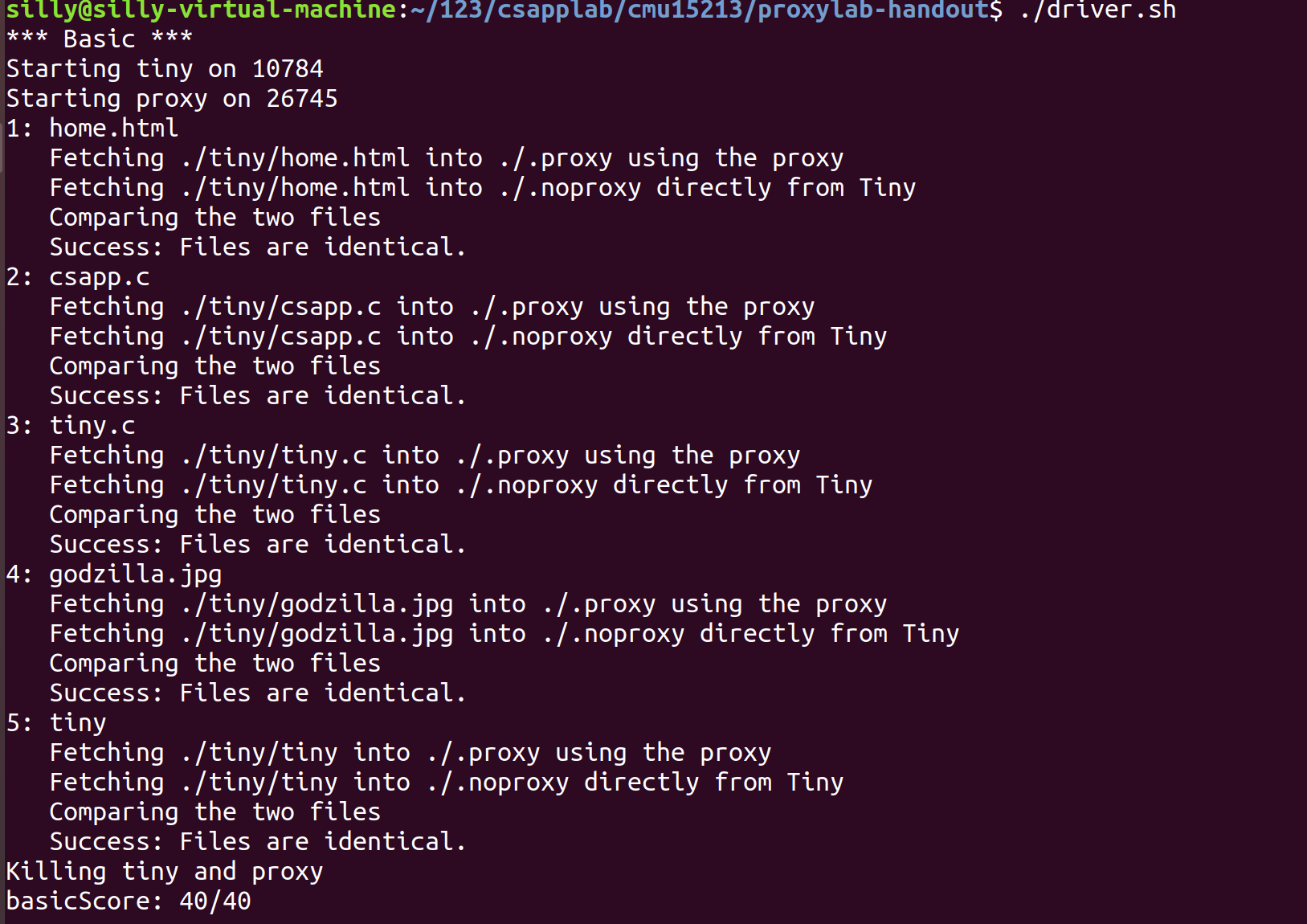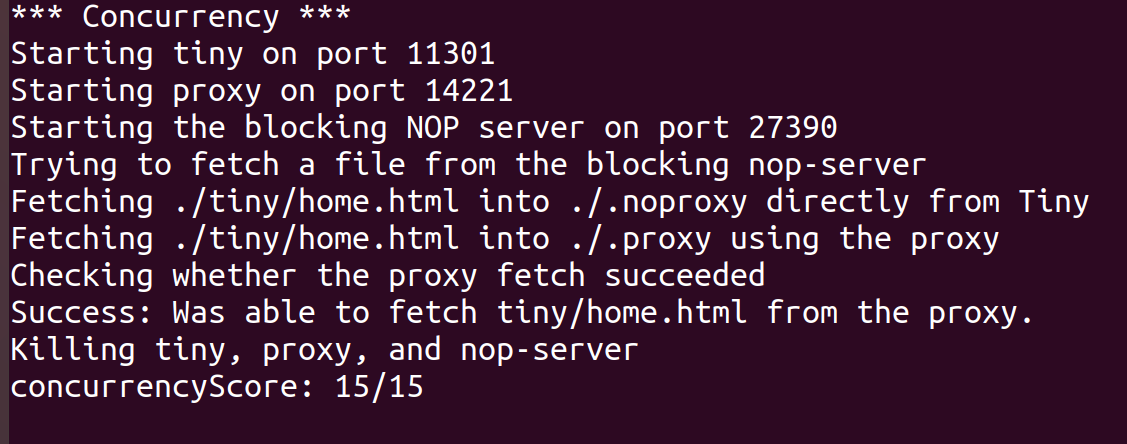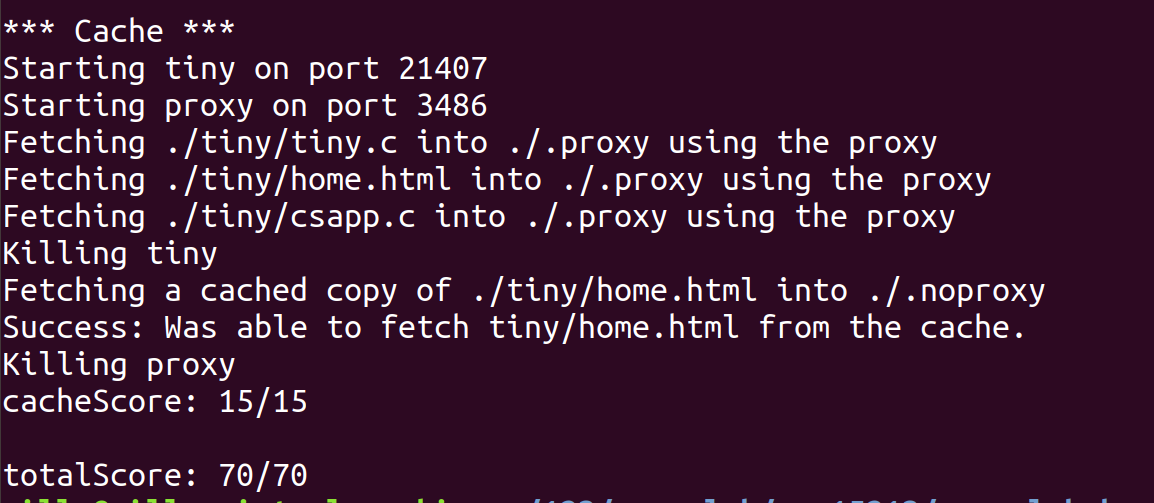1
2
3
4
5
6
7
8
9
10
11
12
13
14
15
16
17
18
19
20
21
22
23
24
25
26
27
28
29
30
31
32
33
34
35
36
37
38
39
40
41
42
43
44
45
46
47
48
49
50
51
52
53
54
55
56
57
58
59
60
61
62
63
64
65
66
67
68
69
70
71
72
73
74
75
76
77
78
79
80
81
82
83
84
85
86
87
88
89
90
91
92
93
94
95
96
97
98
99
100
101
102
103
104
105
106
107
108
109
110
111
112
113
114
115
116
117
118
119
120
121
122
123
124
125
126
127
128
129
130
131
132
133
134
135
136
137
138
139
140
141
142
143
144
145
146
147
148
149
150
151
152
153
154
155
156
157
158
159
160
161
162
163
164
165
166
167
168
169
170
171
172
173
174
175
176
177
178
179
180
181
182
183
184
185
186
187
188
189
190
191
192
193
194
195
196
197
198
199
200
201
202
203
204
205
206
207
208
209
210
211
212
213
214
215
216
217
218
219
220
221
222
223
224
225
226
227
228
229
230
231
232
233
234
235
236
237
238
239
240
241
242
243
244
245
246
247
248
249
250
251
252
253
254
255
256
257
258
259
260
261
262
263
264
265
266
267
268
269
270
271
272
273
274
275
276
277
278
279
280
281
282
283
284
285
286
287
288
289
290
291
292
293
294
295
296
297
298
299
300
301
302
303
304
305
306
307
308
309
310
311
312
313
314
315
316
317
318
319
320
321
322
323
324
325
326
327
328
| #include "csapp.h"
#define MAX_CACHE_SIZE 1049000
#define MAX_OBJECT_SIZE 102400
#define NUMBERS_OBJECT 10
static const char *user_agent_hdr = "User-Agent: Mozilla/5.0 (X11; Linux x86_64; rv:10.0.3) Gecko/20120305 Firefox/10.0.3\r\n";
static const char *conn_hdr = "Connection: close\r\n";
static const char *proxy_hdr = "Proxy-Connection: close\r\n";
typedef struct {
char *url;
char *content;
int cnt;
int is_used;
}object;
static object *cache;
static int readcnt;
static sem_t readcnt_mutex, writer_mutex;
void doit(int client_fd);
void clienterror(int fd, char *cause, char *errnum,
char *shortmsg, char *longmsg);
void parse_uri(char *uri, char *hostname, char *path, int *port);
void print_and_build_hdr(rio_t *rio_packet, char *new_request, char *hostname, char *port);
void *thread(void *varge_ptr);
void init_cache(void);
static void init_mutex(void);
int reader(int fd, char* url);
void writer(char* buf, char* url);
int main(int argc, char **argv)
{
init_cache();
int listenfd, *connfd_ptr;
char hostname[MAXLINE], port[MAXLINE];
socklen_t clientlen;
struct sockaddr_storage clientaddr;
pthread_t tid;
if (argc != 2) {
fprintf(stderr, "usage: %s <port>\n", argv[0]);
exit(1);
}
listenfd = Open_listenfd(argv[1]);
while (1) {
clientlen = sizeof(clientaddr);
connfd_ptr = Malloc(sizeof(int));
*connfd_ptr = Accept(listenfd, (SA *)&clientaddr, &clientlen);
Getnameinfo((SA *) &clientaddr, clientlen, hostname, MAXLINE,
port, MAXLINE, 0);
printf("Accepted connection from (%s, %s)\n", hostname, port);
Pthread_create(&tid, NULL, thread, connfd_ptr);
}
return 0;
}
void *thread(void *varge_ptr){
int connfd = *((int *)varge_ptr);
Pthread_detach(pthread_self());
doit(connfd);
Free(varge_ptr);
Close(connfd);
return;
}
void doit(int client_fd)
{
int real_server_fd;
char buf[MAXLINE], method[MAXLINE], url[MAXLINE], version[MAXLINE];
char uri[MAXLINE], obj_buf[MAXLINE];
rio_t real_client, real_server;
char hostname[MAXLINE], path[MAXLINE];
int port;
Rio_readinitb(&real_client, client_fd);
if (!Rio_readlineb(&real_client, buf, MAXLINE))
return;
sscanf(buf, "%s %s %s", method, uri, version);
strcpy(url, uri);
if (strcasecmp(method, "GET")) {
clienterror(client_fd, method, "501", "Not Implemented",
"Tiny does not implement this method");
return;
}
if(reader(client_fd, url)){
fprintf(stdout, "%s from cache\n", url);
return;
}
parse_uri(uri, hostname, path, &port);
char port_str[0];
sprintf(port_str, "%d", port);
real_server_fd = Open_clientfd(hostname, port_str);
if(real_server_fd < 0){
printf("connection failed\n");
return;
}
Rio_readinitb(&real_server, real_server_fd);
char new_request[MAXLINE];
sprintf(new_request, "GET %s HTTP/1.0\r\n", path);
print_and_build_hdr(&real_client, new_request, hostname, port_str);
Rio_writen(real_server_fd, new_request, strlen(new_request));
int char_nums;
int obj_size = 0;
while((char_nums = Rio_readlineb(&real_server, buf, MAXLINE))){
Rio_writen(client_fd, buf, char_nums);
if(obj_size + char_nums < MAX_OBJECT_SIZE){
strcpy(obj_buf + obj_size, buf);
obj_size += char_nums;
}
}
if(obj_size < MAX_OBJECT_SIZE)
writer(obj_buf, url);
Close(real_server_fd);
}
void clienterror(int fd, char *cause, char *errnum,
char *shortmsg, char *longmsg)
{
char buf[MAXLINE], body[MAXBUF];
sprintf(body, "<html><title>Tiny Error</title>");
sprintf(body, "%s<body bgcolor=""ffffff"">\r\n", body);
sprintf(body, "%s%s: %s\r\n", body, errnum, shortmsg);
sprintf(body, "%s<p>%s: %s\r\n", body, longmsg, cause);
sprintf(body, "%s<hr><em>The Tiny Web server</em>\r\n", body);
sprintf(buf, "HTTP/1.0 %s %s\r\n", errnum, shortmsg);
Rio_writen(fd, buf, strlen(buf));
sprintf(buf, "Content-type: text/html\r\n");
Rio_writen(fd, buf, strlen(buf));
sprintf(buf, "Content-length: %d\r\n\r\n", (int)strlen(body));
Rio_writen(fd, buf, strlen(buf));
Rio_writen(fd, body, strlen(body));
}
void parse_uri(char *uri, char *hostname, char *path, int *port) {
*port = 80;
char* ptr_hostname = strstr(uri,"//");
if (ptr_hostname)
ptr_hostname += 2;
else
ptr_hostname = uri;
char* ptr_port = strstr(ptr_hostname, ":");
if (ptr_port) {
*ptr_port = '\0';
strncpy(hostname, ptr_hostname, MAXLINE);
sscanf(ptr_port + 1,"%d%s", port, path);
}
else {
char* ptr_path = strstr(ptr_hostname,"/");
if (ptr_path) {
*ptr_path = '\0';
strncpy(hostname, ptr_hostname, MAXLINE);
*ptr_path = '/';
strncpy(path, ptr_path, MAXLINE);
return;
}
strncpy(hostname, ptr_hostname, MAXLINE);
strcpy(path,"");
}
return;
}
void print_and_build_hdr(rio_t *real_client, char *new_request, char *hostname, char *port){
char temp_buf[MAXLINE];
while(Rio_readlineb(real_client, temp_buf, MAXLINE) > 0){
if (strstr(temp_buf, "\r\n")) break;
if (strstr(temp_buf, "Host:")) continue;
if (strstr(temp_buf, "User-Agent:")) continue;
if (strstr(temp_buf, "Connection:")) continue;
if (strstr(temp_buf, "Proxy Connection:")) continue;
sprintf(new_request, "%s%s", new_request, temp_buf);
}
sprintf(new_request, "%sHost: %s:%s\r\n", new_request, hostname, port);
sprintf(new_request, "%s%s%s%s", new_request, user_agent_hdr, conn_hdr, proxy_hdr);
sprintf(new_request,"%s\r\n", new_request);
}
void init_cache(void){
init_mutex();
cache = (object*)Malloc(MAX_CACHE_SIZE);
for(int i = 0; i < 10; i++){
cache[i].url = (char*)Malloc(sizeof(char) * MAXLINE);
cache[i].content = (char*)Malloc(sizeof(char) * MAX_OBJECT_SIZE);
(cache[i].cnt) = 0;
(cache[i].is_used) = 0;
}
}
static void init_mutex(void){
Sem_init(&readcnt_mutex, 0, 1);
Sem_init(&writer_mutex, 0, 1);
}
int reader(int fd, char* url){
while(1){
int from_cache = 0;
P(&readcnt_mutex);
readcnt++;
if(readcnt == 1)
P(&writer_mutex);
V(&readcnt_mutex);
for(int i = 0; i < NUMBERS_OBJECT; i++){
if(cache[i].is_used == 1&& (strcmp(url, cache[i].url) == 0)){
from_cache = 1;
Rio_writen(fd, cache[i].content, MAX_OBJECT_SIZE);
(cache[i].cnt)++;
break;
}
}
P(&readcnt_mutex);
readcnt--;
if(readcnt == 0)
V(&writer_mutex);
V(&readcnt_mutex);
return from_cache;
}
}
void writer(char* buf, char* url){
while(1){
int min_cnt = (cache[0].cnt);
int insert_or_evict_i;
P(&writer_mutex);
for(int i = 0; i < NUMBERS_OBJECT; i++){
if((cache[i].is_used) == 0){
insert_or_evict_i = i;
break;
}
if((cache[i].cnt) < min_cnt){
insert_or_evict_i = i;
min_cnt = (cache[i].cnt);
}
}
strcpy(cache[insert_or_evict_i].url, url);
strcpy(cache[insert_or_evict_i].content, buf);
(cache[insert_or_evict_i].cnt) = 0;
(cache[insert_or_evict_i].is_used) = 1;
V(&writer_mutex);
}
}
|



